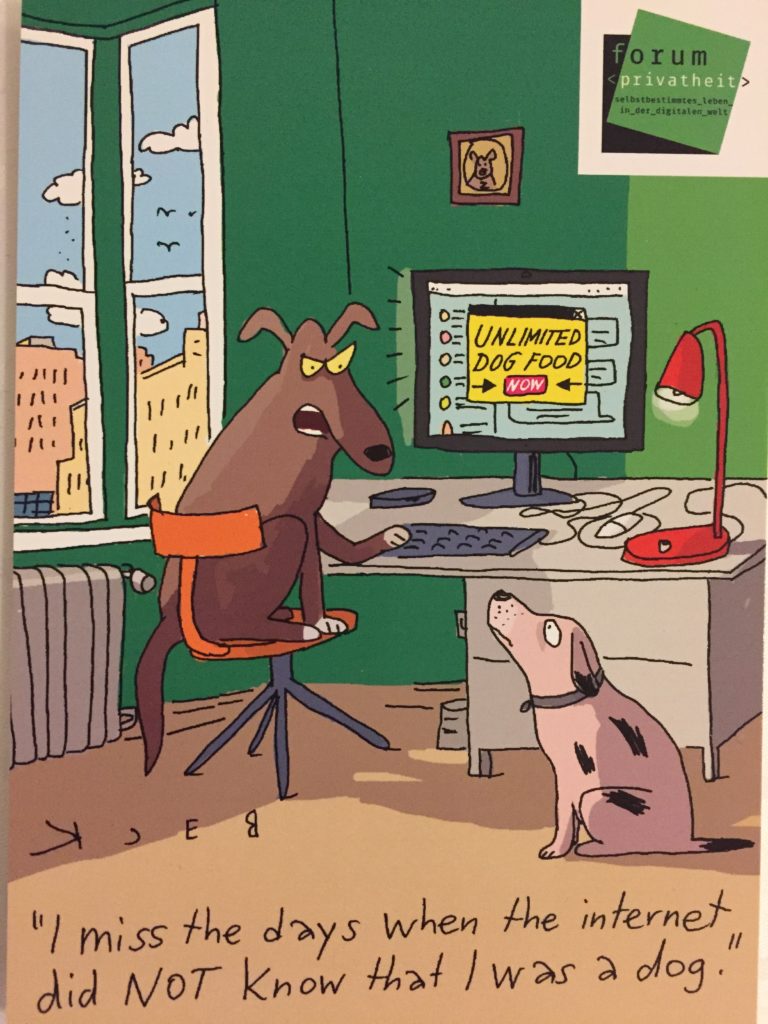From this week’s Economist:
The golden age of globalisation, in 1990-2010, was something to behold. Commerce soared as the cost of shifting goods in ships and planes fell, phone calls got cheaper, tariffs were cut and finance liberalised. Business went gangbusters, as firms set up around the world, investors roamed and consumers shopped in supermarkets with enough choice to impress Phileas Fogg.
Globalisation has slowed from light speed to a snail’s pace in the past decade for several reasons. The cost of moving goods has stopped falling. Multinational firms have found that global sprawl burns money and that local rivals often eat them alive. Activity is shifting towards services, which are harder to sell across borders: scissors can be exported in 20ft-containers, but hair stylists cannot. And Chinese manufacturing has become more self-reliant, so needs to import fewer parts.
This is the fragile backdrop to Mr Trump’s trade war. Tariffs tend to get the most attention. If America ratchets up duties on China in March, as threatened, the average tariff rate on American imports will rise to 3.4%, its highest for 40 years. (Most firms plan to pass the cost on to customers.) Less glaring, but just as pernicious, is that rules of commerce are being rewritten around the world. The principle that investors and firms should be treated equally regardless of their nationality is being ditched.
Welcome to the world after Brexit! And note the kicker at the end of the Economist piece:
Globalisation made the world a better place for almost everyone. But too little was done to mitigate its costs. The integrated world’s neglected problems have now grown in the eyes of the public to the point where the benefits of the global order are easily forgotten. Yet the solution on offer is not really a fix at all. Slowbalisation will be meaner and less stable than its predecessor. In the end it will only feed the discontent.



